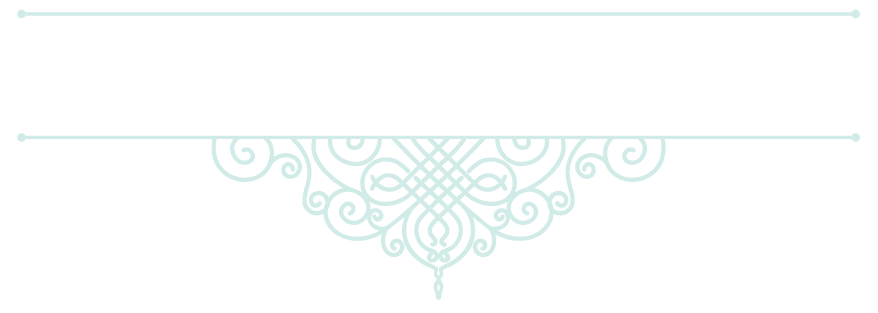Bruxism overview
Most people will suffer from teeth grinding or teeth clenching at some point in their lives, resulting in jaw pain and other problems. The medical term for this is called Bruxism. This can be a serious issue as the pain can radiate out into other parts of the head, neck, and even shoulders. What’s more, Bruxism is often caused by stress and is associated with your emotional and mental wellbeing in addition to physical issues like an uneven bite (malocclusion).
Although it can occur during the day, Bruxism is one of the most common sleep disorders and causes most of its damage during sleeping hours. The clenching and teeth grinding which accompanies bruxism is symptomatic of a malfunctioning chewing reflex, which is turned off in non-sufferers when sleeping. For sufferers, deep sleep or even naps cause the reflex nerve control center in the brain to turn off, and the reflex pathways to become active.
Typically, the incisors and canines (front 6 upper and lower teeth) of opposing arches grind against each other side to side. This puts undue strain on the medial pterygoid muscles and the temporomandibular joints, and can cause damage to all your teeth, including your molars. Jaw pain, earache, depression, headaches, chronic stress and anxiety are often associated with bruxism.
Bruxism frequently misdiagnosed or not diagnosed at all
Bruxism is frequently misdiagnosed or not diagnosed at all, because it is only one of several potential causes of tooth wear. Headaches arising from bruxism are also often misdiagnosed as migraines. Only a trained professional can tell the difference between bruxing wear and wear caused by overly aggressive brushing, acidic soft drinks and abrasive foods. It’s therefore important to get properly examined.
Reasons for treating bruxism
Here are some of the main reasons why bruxism should be promptly treated:
Gum recession and tooth loss – Bruxism is one of the leading causes of gum recession and tooth loss; firstly because it damages the soft tissue directly, and secondly because it leads to loose teeth and deep pockets where bacteria can colonize and destroy the supporting bone.
Occlusal trauma – The abnormal wear patterns on the occlusal (chewing) surfaces can lead to fractures in the teeth, which may require restorative treatment. For many patients, this can be painful. Proper treatment can help alleviate the pain or even prevent it for those who are not yet experiencing pain.
Arthritis – In severe and chronic cases, bruxing can eventually lead to painful arthritis in the temporomandibular joints, the joints that allow the jaw to open smoothly.
Myofascial pain – The grinding associated with bruxism can eventually shorten and blunt the teeth. This can lead to muscle pain in the myofascial region and debilitating headaches.
Neck, shoulder, and back pain – In many cases, pain can radiate out from the jaw region and cause problems with your neck, shoulder, and back. Therefore it's important to understand and treat the holistic effects of Bruxism.
Bruxism treatment options
There is no single cure for bruxism, though a variety of helpful devices and tools are available. The “gold standard” in treatment is an acrylic mouth guard that is customized to the patient based on tooth impressions. It minimizes the abrasive action of tooth surfaces during sleep.Mouth guards should be worn on a long-term basis to help prevent tooth damage, damage to the temporomandibular joint, and help to stabilize the occlusion.
Other methods of treatment options can work with the mouth guard to provide further support. These include relaxation exercises, stress management education and biofeedback mechanisms. When the bruxing is under control, there are a variety of dental procedures such as crowns, gum grafts and crown lengthening that can restore a pleasant aesthetic appearance to the smile.
What’s important is to talk with a trained professional to determine the right solution for you.
“I was experiencing jaw pain, headaches and even sensitive teeth in the front from clenching and grinding. Dr. Yee fitted me for a mouth guard and now my jaw has stopped hurting and I found that the sensitivity to my teeth has gone away too.”

